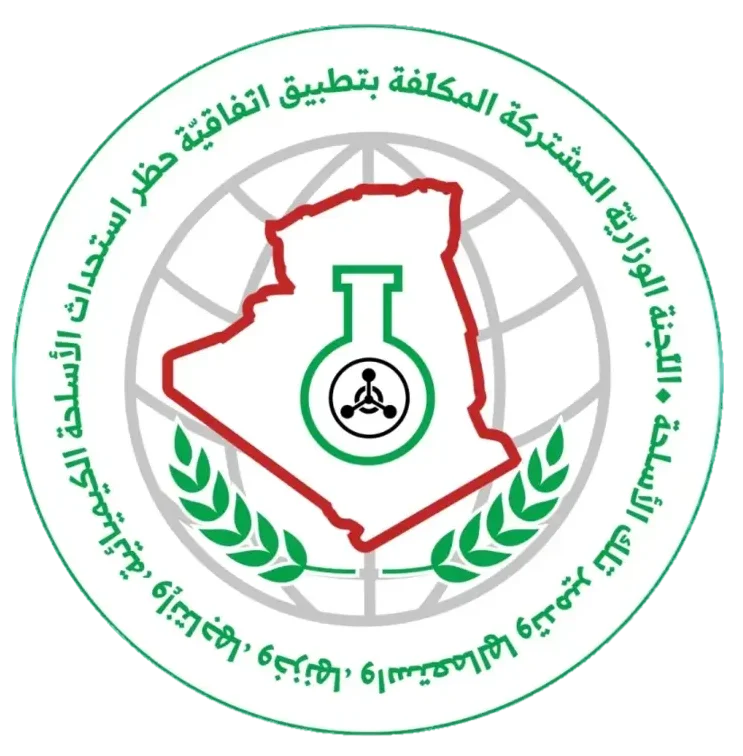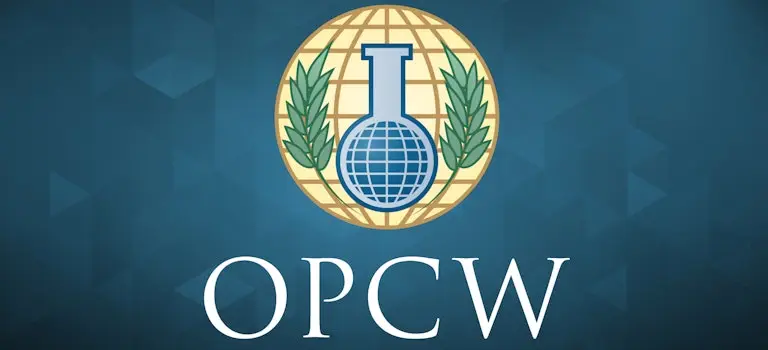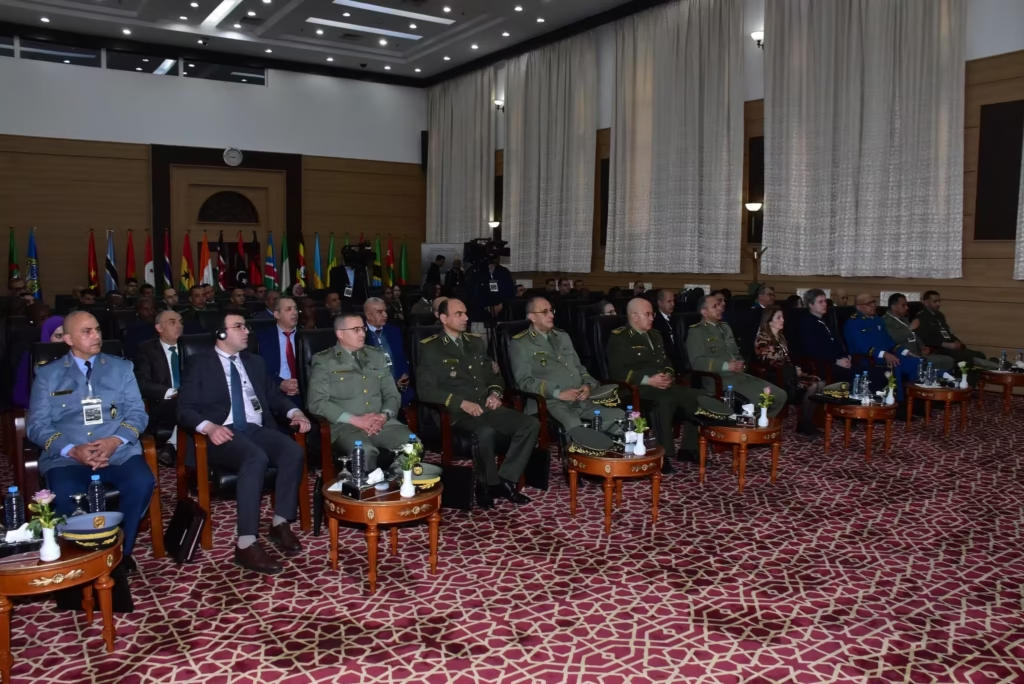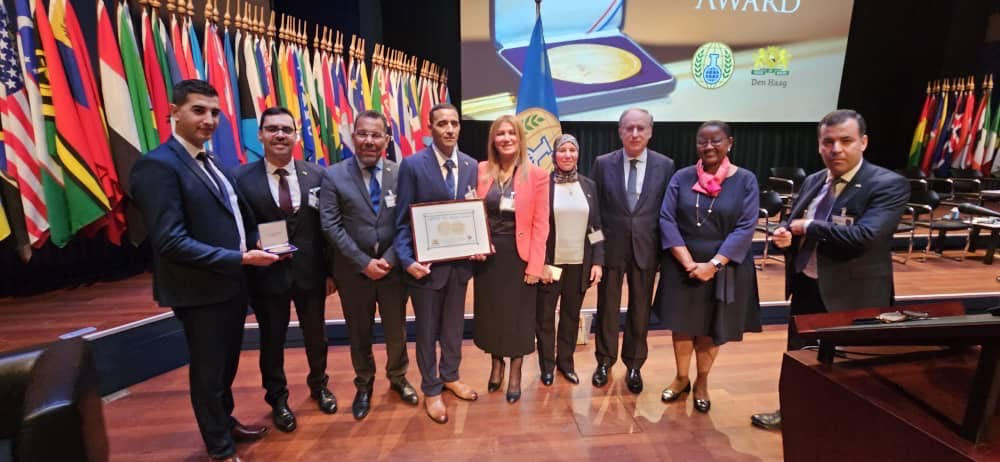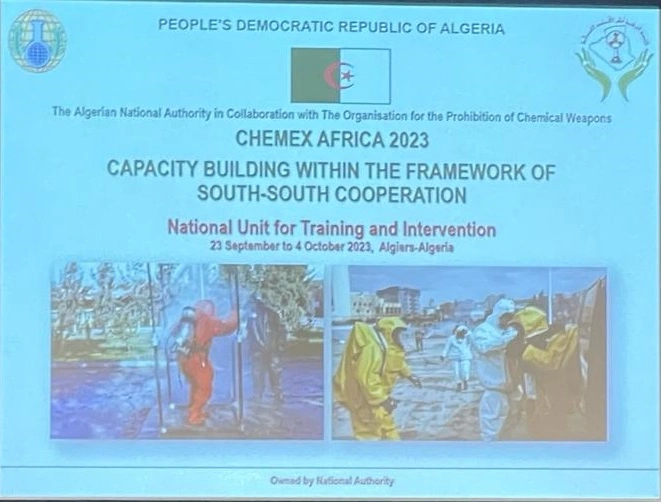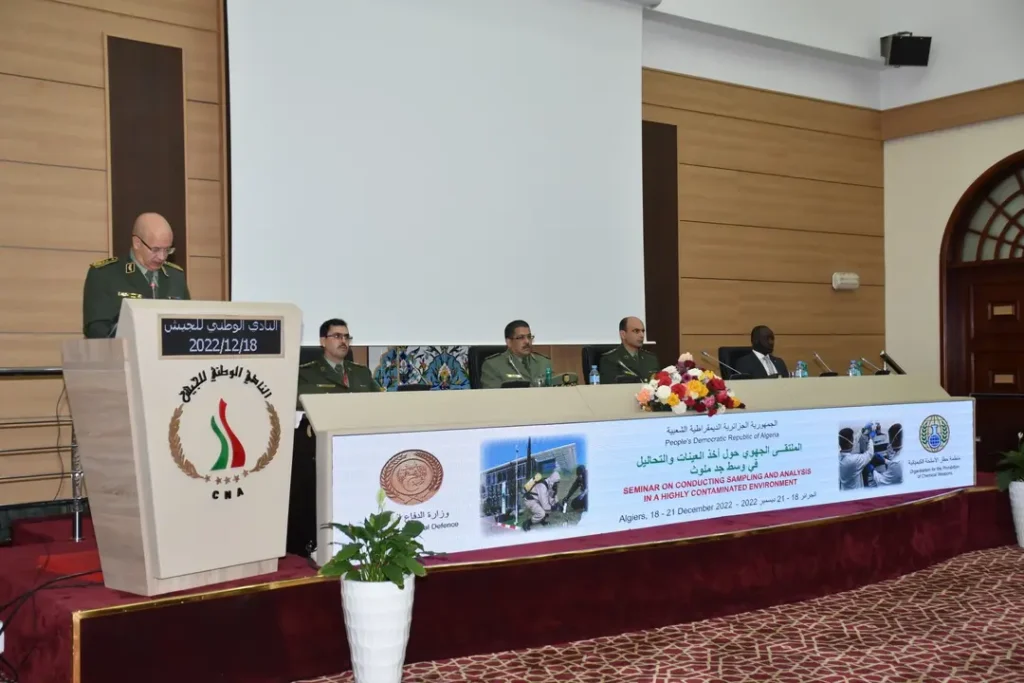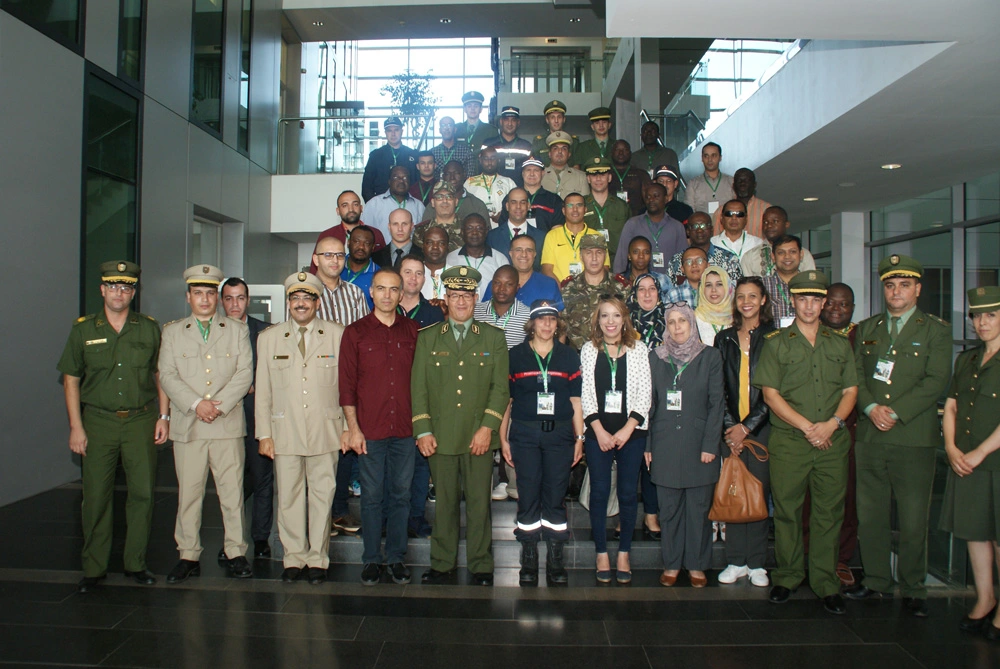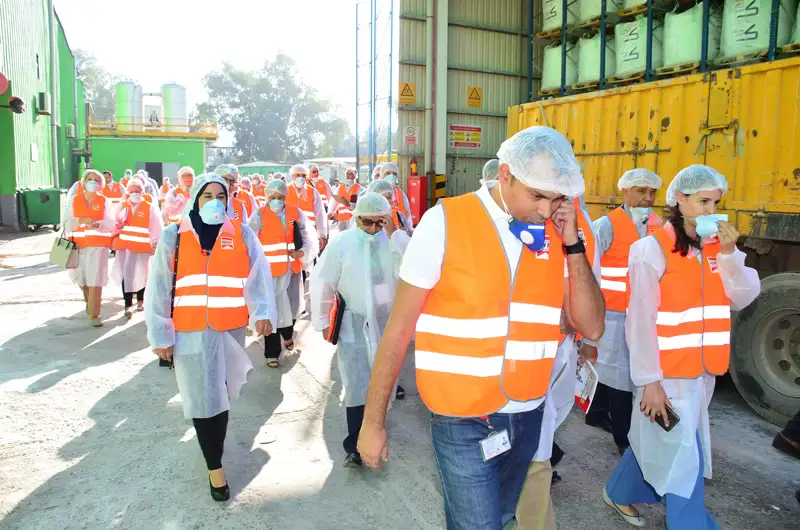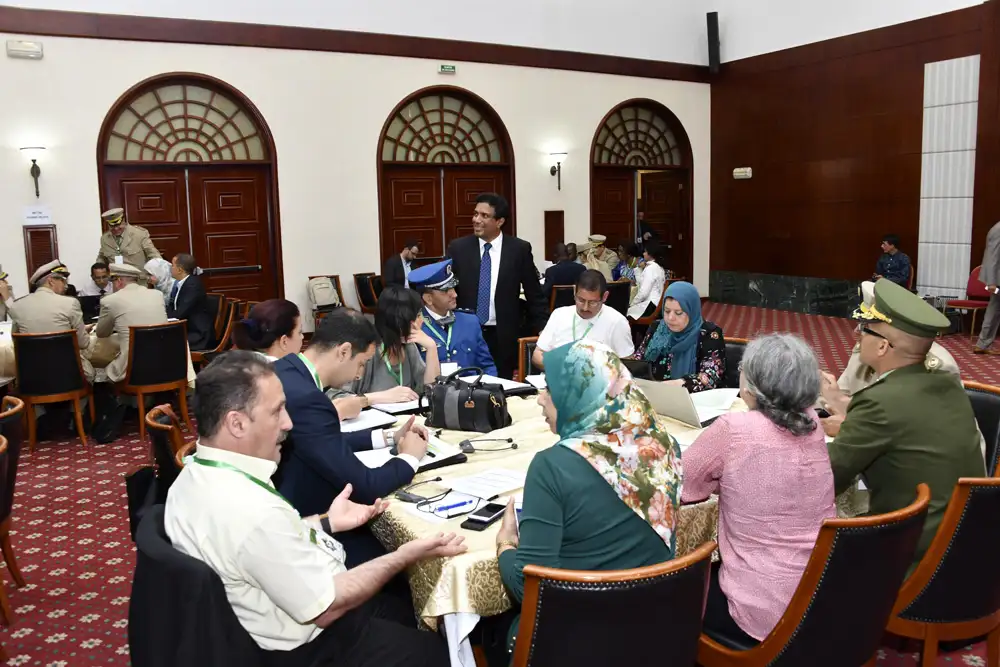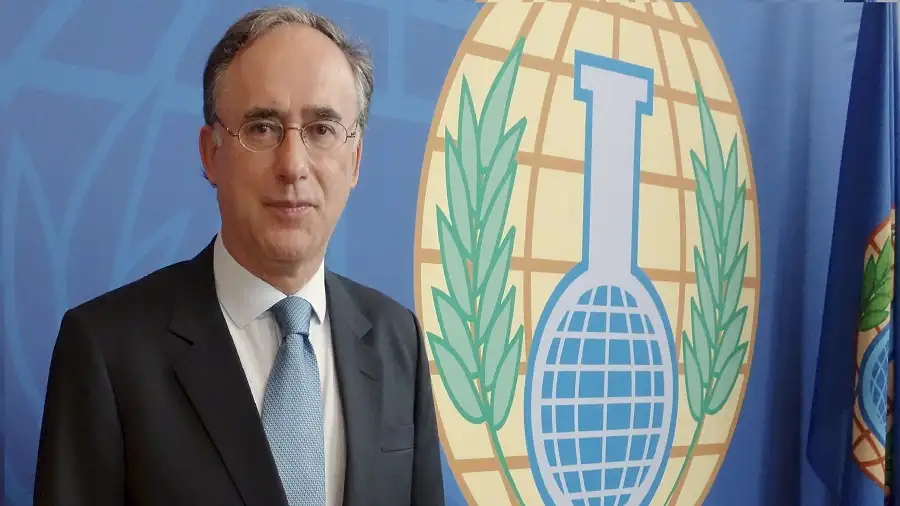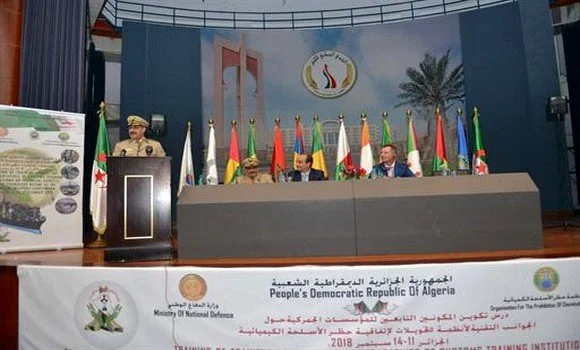National Authorities Meet to Review Progress of the OPCW Africa Programme
The regional meeting is an opportunity to review current activities, challenges, and chart the way forward.
Periodic performance assessments of capacity building support are essential to monitor progress in implementing the Chemical Weapons Convention (CWC). The Organisation for the Prohibition of Chemical Weapons (OPCW) hosted an online meeting of national authorities of States Parties in Africa from May 31 to June 2, 2022, to review the progress made by the fifth phase of the OPCW Africa Programme over the past year.
The meeting included presentations by the Technical Secretariat (TS) and national authorities, followed by in-depth discussions. Opening the regional meeting, Mr. Li Zhao, Acting Director of International Cooperation and Assistance at the OPCW, emphasized: “Taking stock of activities implemented, lessons learned, and challenges encountered will enhance our understanding of issues critical to the effective implementation of the Convention and the support provided by the Secretariat. A shared reflection on national and regional progress will help us understand what has worked, what needs to be improved, and how to further strengthen the delivery of tangible results for the Convention.”
The regional meeting of national authorities provided an opportunity for national representatives to exchange information on issues related to the implementation of the CWC in Africa. Specifically, OPCW experts briefed meeting participants on progress made in the implementation of Article VII, as well as Article VI declarations (non-prohibited activities) and related support, and OPCW inspections. Participants also discussed the Fifth Review Conference and the geographical representation of Member States among Secretariat staff. A meeting participant, Mr. Tendai Chilowa, representing the Zimbabwe National Authority, noted: “This meeting is crucial because it gives us the opportunity to reflect on the activities carried out over the past year and plan for the year ahead. The meeting is also an opportunity to interact with the Technical Secretariat staff who are leading important interventions. The meeting’s deliberations demonstrate that we continue to benefit from the various capacity building programs conducted by the Technical Secretariat, particularly under the Africa Program.”
The meeting brought together 27 participants from 16 African Member States: Algeria, Botswana, Ethiopia, Kenya, Malawi, Mauritania, Morocco, Nigeria, Seychelles, Sierra Leone, South Africa, Sudan, Togo, Tunisia, Zambia, and Zimbabwe.
